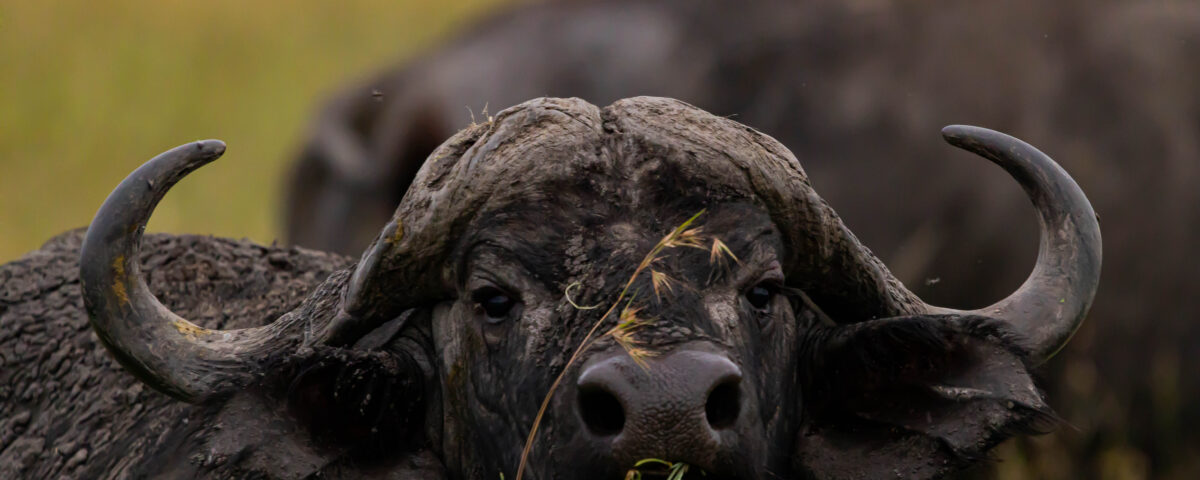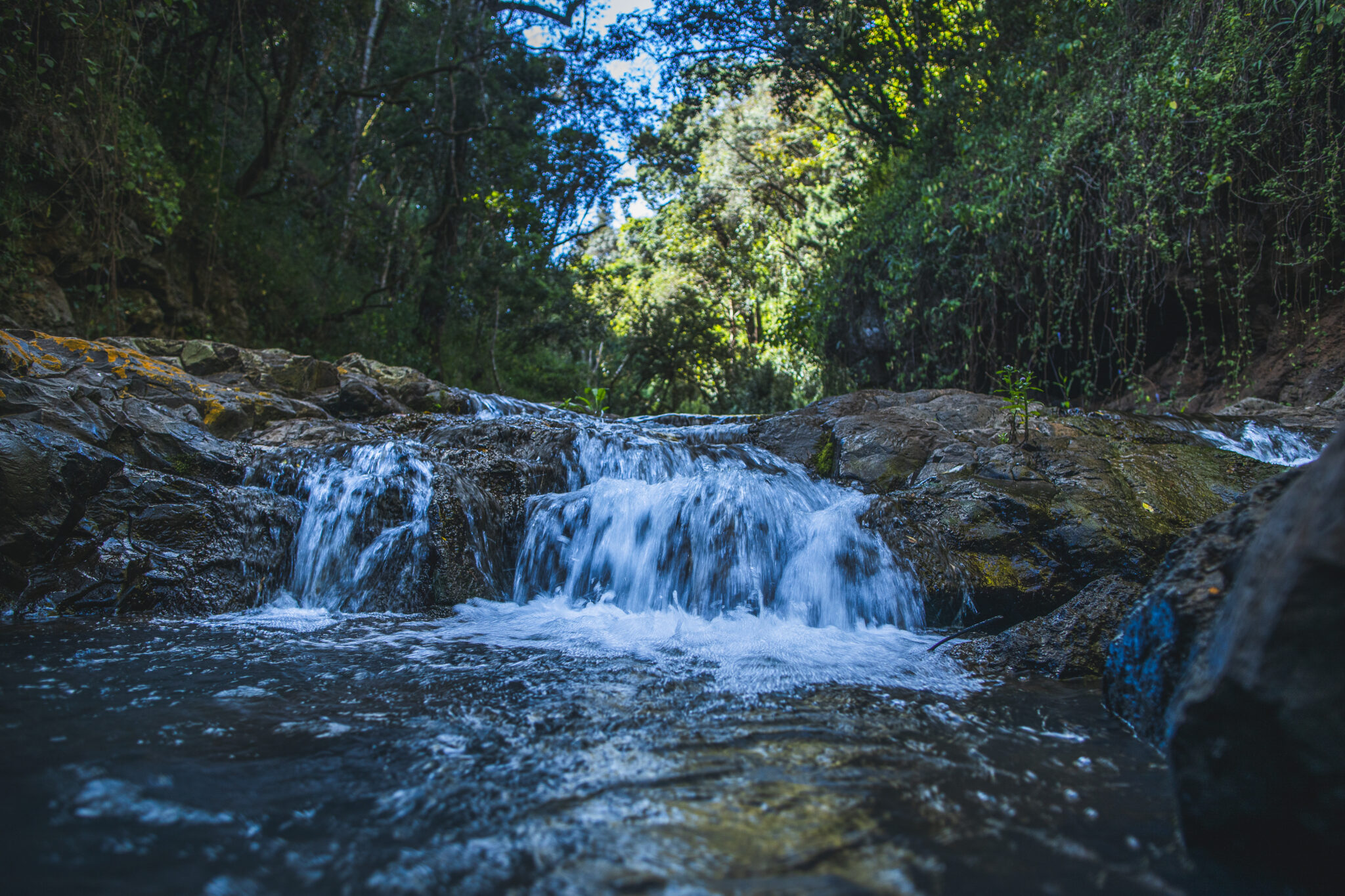- On The Wild Side
Is Wildlife Management and Conservation Obsolete?

Harnessing the Power of Collaboration
12th June 2023
Why we should be critical about the lifting of the logging ban
8th July 2023I am beginning to question whether there is a lack of need to study Wildlife Management and Conservation in Kenya. Recently, I had the opportunity to engage in conversations with seasoned professionals who have dedicated their lives to wildlife conservation, some of whom have more knowledge and experience in this field than my entire lifetime. However, I am left questioning the dissemination of this wealth of knowledge. Who is benefiting from it? Who will carry on the torch and continue the legacy?
It is also disheartening to learn that Egerton University has recently closed its Wildlife Management course, which is truly perplexing. This development raises the question of whether Wildlife Management has become an obsolete course. As I reflect on my own experience studying this discipline at the University of Nairobi (UON), I recall that our class was relatively small, with only 15 students. Additionally, the gender imbalance was evident, as there were only two female students among us. To add more drama, it appears that the number of graduates pursuing a career in wildlife management is minimal, possibly representing only 1% of the graduating class. If we were to consider the fate of other graduating classes, the situation is likely to be similar, with perhaps higher success rates observed among the pioneering class.
This observation raises important questions about the perception of wildlife courses in Kenya and whether there is a significant gap compared to disciplines such as zoology, environmental sciences, environmental education and natural sciences. It also prompts consideration of the level of thought put into the development of the Wildlife Management course. Apart from alumni from the University of Nairobi, the number of individuals I am aware of who have studied this course at other universities is limited. These inquiries lead me to ponder the need for mentorship and guidance from seasoned professionals with over 30 years of experience in order to fulfil the responsibilities associated with this course. As I continue to engage intentionally with experts in the field, I hope to gain insights and guidance that will contribute to the growth and impact of Wildlife Management in Kenya.
Another issue worth noting is the historical opportunity that studying Wildlife Management provided, with the chance to join law enforcement at the Kenya Wildlife Service Field Training School in Manyani, starting from the corporal level. This route was commonly pursued by many students. Unfortunately, recruitment for this path ceased in 2014 (as per my knowledge), just before my graduation year.
Presently, the Kenya Wildlife Service has a workforce of over 7,000 employees, but a significant portion is approaching retirement age or has already retired. Some are unable to keep up with the challenges posed by poachers. Consequently, the existing staff members are burdened with heavy workloads, raising the question of when recruitment will resume. Thankfully, I have been part of discussions where the possibility of reinstating the recruitment process has been deliberated. If the Kenya Forest Service is actively recruiting, then why not the Kenya Wildlife Service? We remain hopeful that the current administration will take action on this matter as we continue to advocate for change.
It is my hope that other universities offering this course, however, few they may be, do not think about terminating it. We rely on the Wildlife Conservation and Management Professionals Society of Kenya to support the continuance of this vital programme. Wildlife Management is of paramount importance, just like any other discipline related to the environment.
In fact, it was because of these circumstances and worries that I decided to start Biophilic Conversations in 2019. I saw the need for a platform that could encourage and inspire students to seek opportunities in conservation while also offering them helpful advice and insider knowledge of the industry. Through exchanging information, wisdom, and guidance it has been our hope to inspire and support the next generation of professionals in this space. We continue to build a welcoming community that can collectively support conservation efforts in Kenya and beyond.





